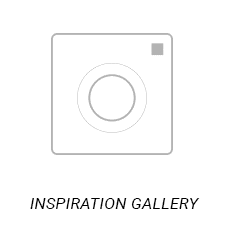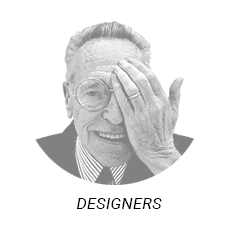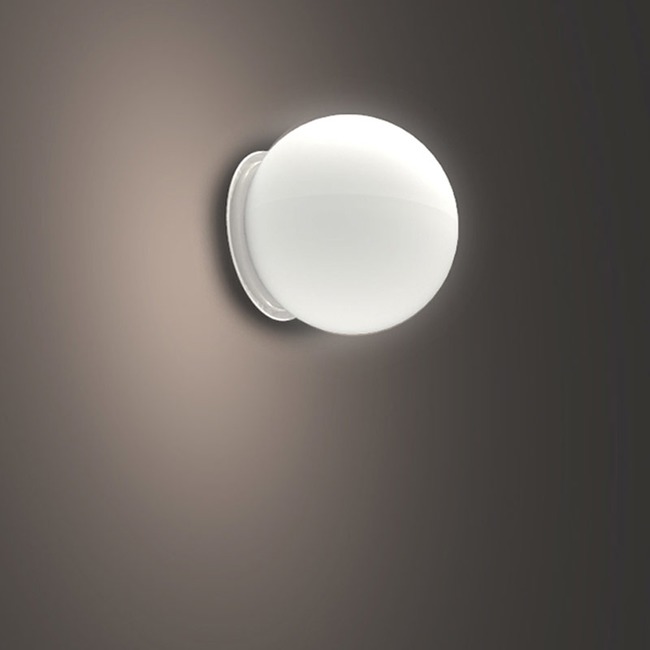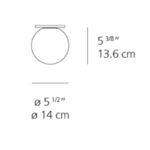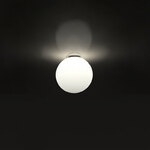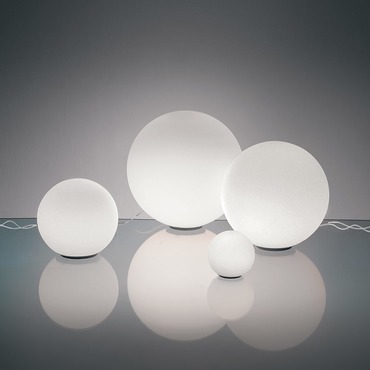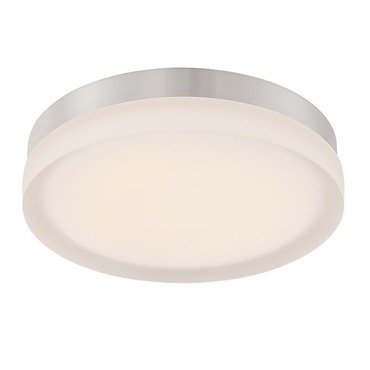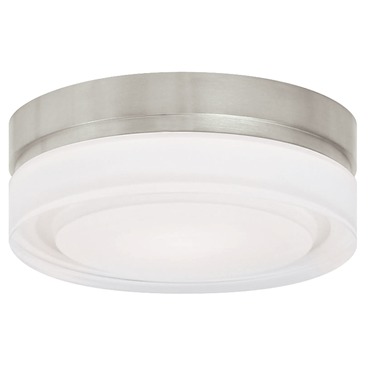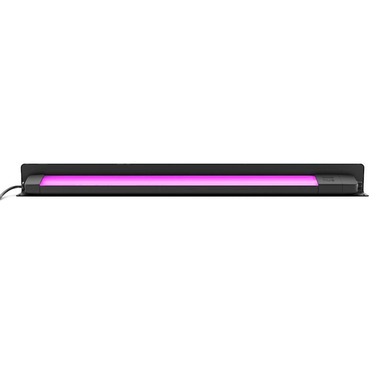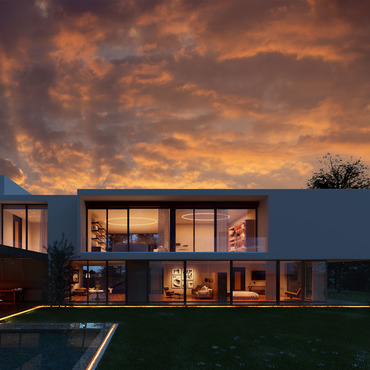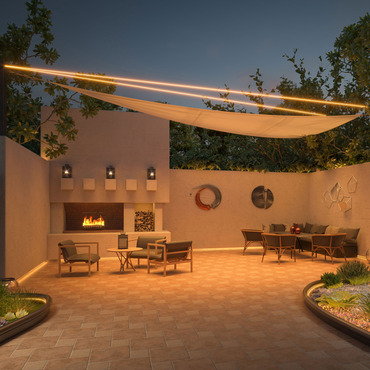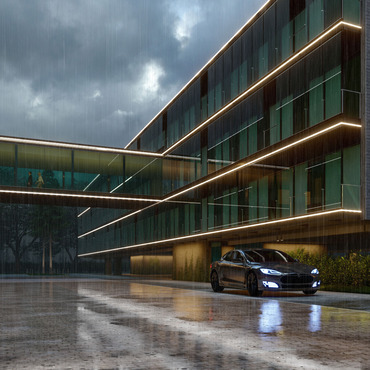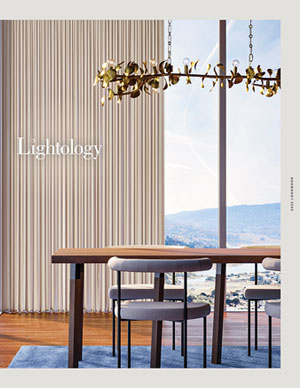-
0
Your CartOrder Subtotal0.00
- 0
Dioscuri Mini Wall / Ceiling Light
By Michele De Lucchi, for Artemide- 100% Price Match
- Return policy
We can help
Designed by Michele De Lucchi read more...
The Dioscuri Mini Wall / Ceiling Light features a globe-like diffuser of acid-etched blown glass resting atop a thermoplastic base. UL listed. IP65 rated.
- Finish: White
- Shade Color: White
- Size: 5.5"W x 5.375"H
- Dimmer: Standard 120V
-
Labels: UL
 Wet location
Wet location  Damp Location
Damp Location 
- Lamp Source: LED
- Total Wattage: 4 watts
- Lamp Color: 2700K
- Color Rendering: 80 CRI
- Luminous Flux: 188 lumens
- Lumens/Watt: 47.00
- Country of Origin: Italy
-

Founded in the 1960s by Ernesto Gismondi, Artemide has become an iconic leader in the lighting industry. At the forefront of innovation and elegance, Artemide works with world famous designers, including Ron Rezek, Sir Norman Foster, Karim Rashid and many more to build fixtures that not only provides beautiful illumination but evokes a sense of comfort. Artemide developed and lives by a philosophy known as The Human Light, which aims to respond to the ever-changing visual desires of man while respecting the world's natural resources. From glass to metal, Artemide prides itself on using both modern and traditional materials to create innovative table lamps, chandeliers and wall lighting that meet a variety of tastes. The legendary brand has been featured in countless museums including, MoMA (New York), Victoria and Albert Musuem in London, the Galleria Nazionale d'Arte Moderna in Rome and many more. Browse our vast collection of lighting from Artemide and discover the meaning of modern.
See more from Artemide
Michele De Lucchi started studying architecture at Padua University, switching to Florence University, where he received his diploma in 1975. For two years afterwards, he taught architecture there as an academic assistant. In 1973, Michelle De Lucchi joined forces with other designers and architects to form Cavart, a radical design group.
In 1978, Michele De Lucchi went to Milan to work for Kartell as a designer at Centrokappa, the proprietary Kartell design studio. After meeting the designer Ettore Sottsass, Michele De Lucchi joined the Studio Alchimia designers. For Studio Alchimia exhibitions, Michele De Lucchi came up with several bizarre and comical designer objects, including the 1978 "Sinerpica" table lamp, which was virtually useless as a lamp, as was "Sinvola" (1979), which looks like an outsize pincushion with a rod bearing a light bulb stuck through the middle.
In 1979, Michele De Lucchi also designed several prototype household appliances, which were shown at the Milan Triennale but never produced. From 1980, Michele De Lucchi belonged to Memphis, the designer group around Ettore Sottsass.
In 1982, Michele De Lucchi designed "Lido", a colorful sofa, and, in 1983, the "First" chair for Memphis. In the late 1980s, Michele De Lucchi again returned to good design, landing a bestseller in "Tolomeo", a clearcut, functional aluminium work lamp he co-designed with Giancarlo Fassina for Artemide in 1987.
In 1990, Michele De Lucchi found a small business of his own for making lighting that was neither complex nor had to take into consideration the demands of mass production so it could be produced by craftsmen working in the traditional manner. The Michele De Lucchi milky white lamps "Fata" and "Fatina" of handblown Murano glass date from 2001. On the side, however, Michele De Lucchi continued to work with his design studio for large companies. Since 1979, he had been a design consultant for Olivetti. In 1993, Michele De Lucchi designed branches of Deutsche Bank, in 1995 a shop system for Mandarina Duck, and, in 1997, the Deutsche Bahn travel center in Frankfurt.




